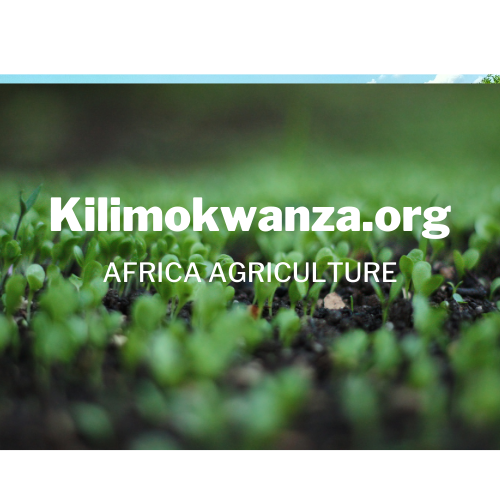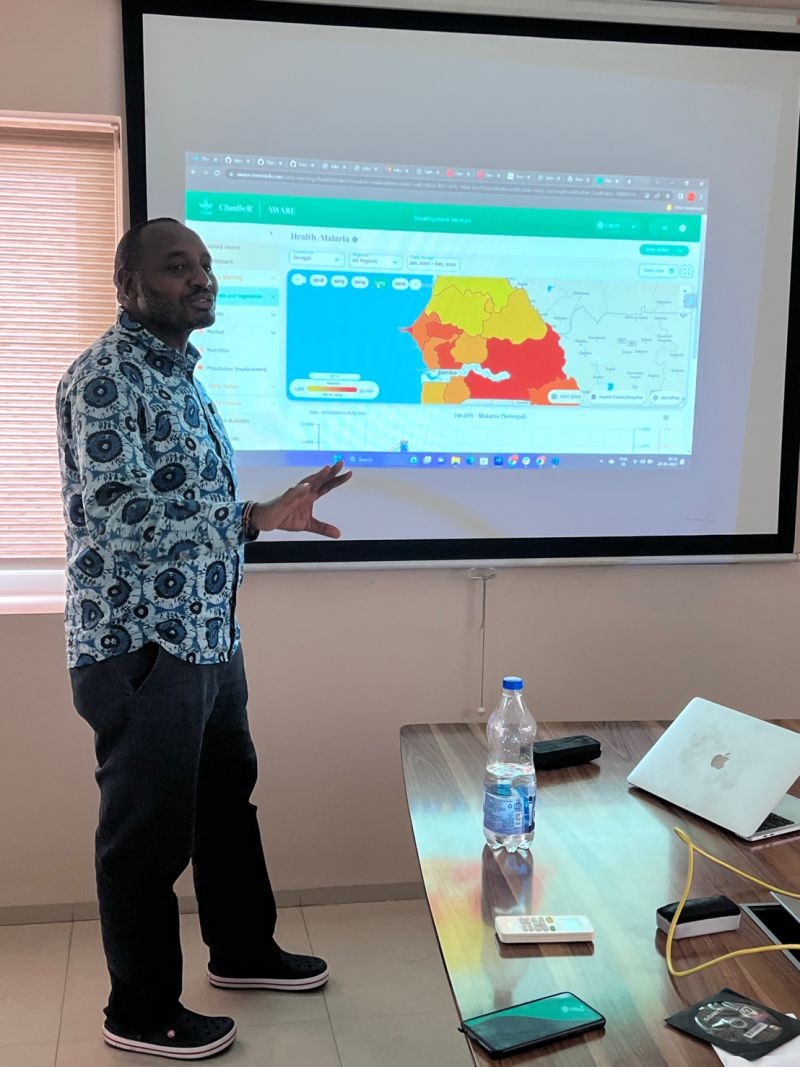As we mark International Food Day; We must not underestimate Rural Women’sTransformative Role in Food Systems.
By Amath Pathe Sene
Visit any local market in a rural locale, and you’ll encounter women vendors showcasing baskets brimming with fresh produce and artisanal goods. Historically, rural women have been the backbone of food production, overseeing the cultivation of staple foods, fruits, and vegetables, and managing livestock. These women, guardians of our culinary heritage, ensure that families and entire communities access diverse, nutritious diets. In numerous cultures, women predominantly manage local market stalls. Through their sales, they bolster local economies and extend food accessibility to wider populations.
In familial contexts, rural women are instrumental in meeting their families’ dietary needs. They are central to making decisions about food purchases and meal preparations, directly influencing the health of their family. Unfortunately, the gender divide often hinders their access to financial resources and credit, primarily due to entrenched cultural norms. Worryingly, households led by women typically earn less than male-led households, making the former more susceptible to poverty.
As we commemorate the International Day of Rural Women this year, it’s essential to understand the transformative role rural women play in our food systems. This is paramount for achieving food security, fostering sustainable agriculture, and ensuring resilient rural communities. Women shoulder a significant portion of unpaid care and domestic duties in rural households. They contribute immensely to agriculture, food security, nutrition, and manage land and natural resources. Moreover, they play a pivotal role in climate resilience, yet they face heightened multi-dimensional poverty.
While equally proficient and industrious as men, women frequently encounter barriers accessing land, credit, agricultural supplies, markets, and they often receive lower returns for their produce. Historically, women have been at the forefront of seed preservation and biodiversity. They’ve been essential for adapting crops to evolving climatic and pest challenges. Their expertise in selecting seeds has been instrumental in preserving global genetic seed diversity for future generations.
Beyond raw food production, rural women excel in value addition and processing. They adeptly transform raw commodities into marketable, consumable products for households and communities.
It’s undeniable that our rural women possess deep-rooted knowledge of local ecosystems. They’ve consistently utilized this wisdom for effective land stewardship, bolstering soil health, conserving water, and enhancing biodiversity.
A significant number of rural women, working as farmers, wage earners, and entrepreneurs, hold the key to boosting productivity and spurring agricultural growth. It’s worth noting that agriculture is the primary employment sector for women in developing regions, mostly within informal sectors devoid of social protection or labor rights. This often results in subpar living standards, diminished wages, compromised health, and restricted access to social amenities. If we aim to eradicate extreme poverty, hunger, and malnutrition, empowering women in agriculture and achieving gender parity is imperative.
Empowering rural women encompasses:
- Bridging the gender gap, thereby augmenting agricultural output by up to 30%.
- Fostering prosperous, healthier, and cohesive societies.
- Actively challenging and transforming restrictive societal norms.
- Investing in contemporary tools and technology to reduce their manual labor and optimize their work.
- Guaranteeing equal resource and opportunity access.
- Offering comprehensive education and training to further amplify their capabilities.
- Celebrating their invaluable contributions at every juncture.
As we laud rural women this year, it’s crucial to recognize their value beyond mere statistics. They are custodians of our gastronomic legacies, defenders of biodiversity, and the very foundations of our food systems. Thus, empowering these women isn’t merely a noble endeavor; it’s a pragmatic strategy essential for the swift transformation of Africa’s Food Systems.
Key facts:
- Approximately 2.1 billion rural women constitute a quarter of the world’s population.
- Women make up 43% of the world’s agricultural labour force, with 50% of these women residing in Eastern and Southern African countries.
- Worldwide, women account for less than 15% of landholders.
- By closing the gender gap in agriculture, productivity could increase by 30%, potentially enhancing the livelihood of over 180 million people.
The writer, Amath Pathe Sene, serves as the Managing Director for the Africa Food Systems Forum (AFS).


